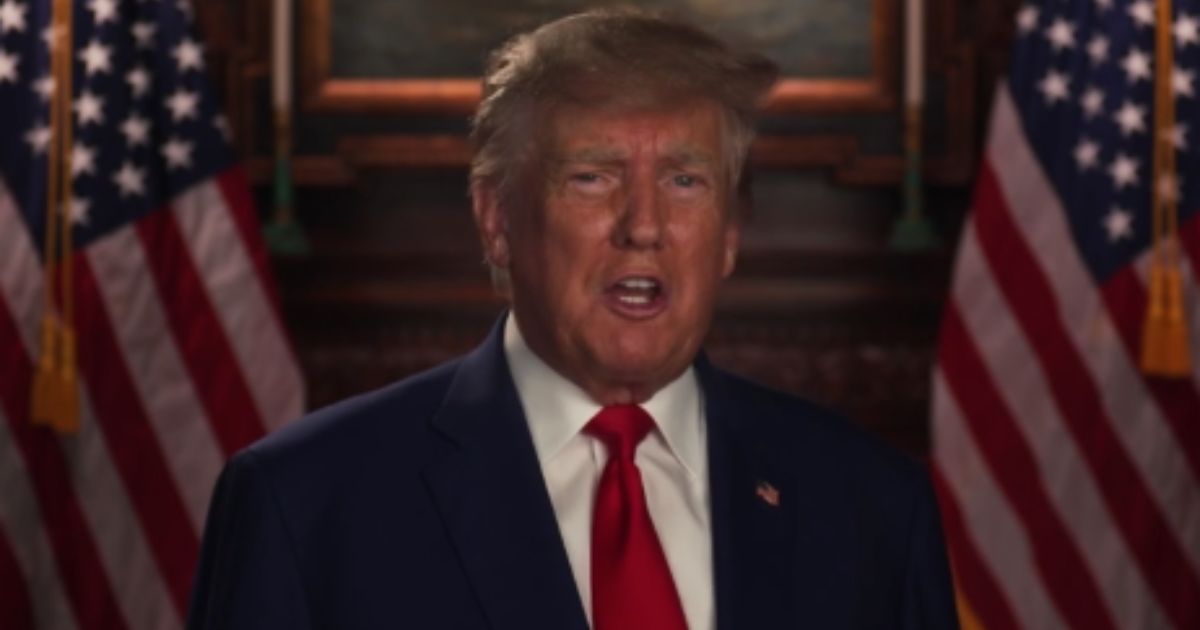WI governor vetoes bill designed to restore past school testing standards
In a recent move, Gov. Tony Evers of Wisconsin vetoed a Republican-authored bill aimed at reinstating older standards and methodologies for evaluating student performance and school district report cards.
The Democrat's veto was aimed at protecting the decision-making autonomy of state education authorities from legislative interference, as the Associated Press reports.
The contentious bill proposed reverting to the performance levels originally set by the National Assessment of Educational Progress for the Wisconsin Forward exam. This shift would have marked a significant change from current practices adopted by the Department of Public Instruction (DPI).
Additionally, the bill sought to restore terms from the 2021-22 school year for categorizing performance on standardized tests like the PreACT and ACT with Writing in subjects such as English, Reading, and Mathematics.
Under the bill, these performances would have been classified within a range of "below basic" to "advanced," revising the newer DPI descriptors, which include "advanced," "meeting," "approaching," and "developing."
State Superintendent Alters Testing Benchmarks
In response to requests from Wisconsin educators, State Schools Superintendent Jill Underly adjusted the standardized testing benchmarks last year.
According to Underly, these changes were direct responses to the feedback from teachers about how they believe their students could perform more accurately.
"She made the performance changes at the request of Wisconsin teachers and how they felt their students can perform," Underly explained.
The reformation, however, faced criticism from some Republicans who argued that it diluted standards and complicated the comparison of data across states and districts.
Concerns Emerge Over Public Engagement in Educational Policies
Amid these criticisms, Evers acknowledged that the process of implementing the new standards could have benefited from more public dialogue.
"Underly made a mistake because she didn’t create a public dialogue about the changes before she imposed them," he stated.
Despite his reservations about the rollout of these changes, Evers emphasized his primary concern was with legislative attempts to undermine the authority of the state superintendent. In his veto message, Evers remarked, "While I’ve been critical of the process, I object to legislators trying to undermine the state superintendent’s authority and independence."
Legislative Tensions and Educational Autonomy
The veto by Evers, who himself served as the state schools superintendent before his governorship, underlines ongoing tensions between the executive branch and legislative intentions in Wisconsin. His decision reflects a broader debate about the independence of educational policy from legislative pressure.
Evers emphasized that such legislative measures could intrude upon the educational expertise and independence that the DPI and the superintendent's office are mandated to uphold.
This decision is poised to sustain the autonomy of Wisconsin’s educational authorities while potentially setting the stage for further debates on the formulation and control of educational standards within the state.
The Future of Educational Standards in Wisconsin
Looking forward, this veto does not mark the end of discussions on standardized testing and performance evaluations in Wisconsin. The dialogue between lawmakers, educational authorities, and the public is likely to continue as all stakeholders seek a balanced approach to student assessment.
The consequences of this decision will extend beyond immediate testing outcomes, potentially affecting educational policy-making processes in Wisconsin for years to come.
As Wisconsin navigates these complex educational and political landscapes, the roles and powers of its educational leaders and legislative bodies will remain subjects of critical importance, influencing the future of thousands of students across the state.





